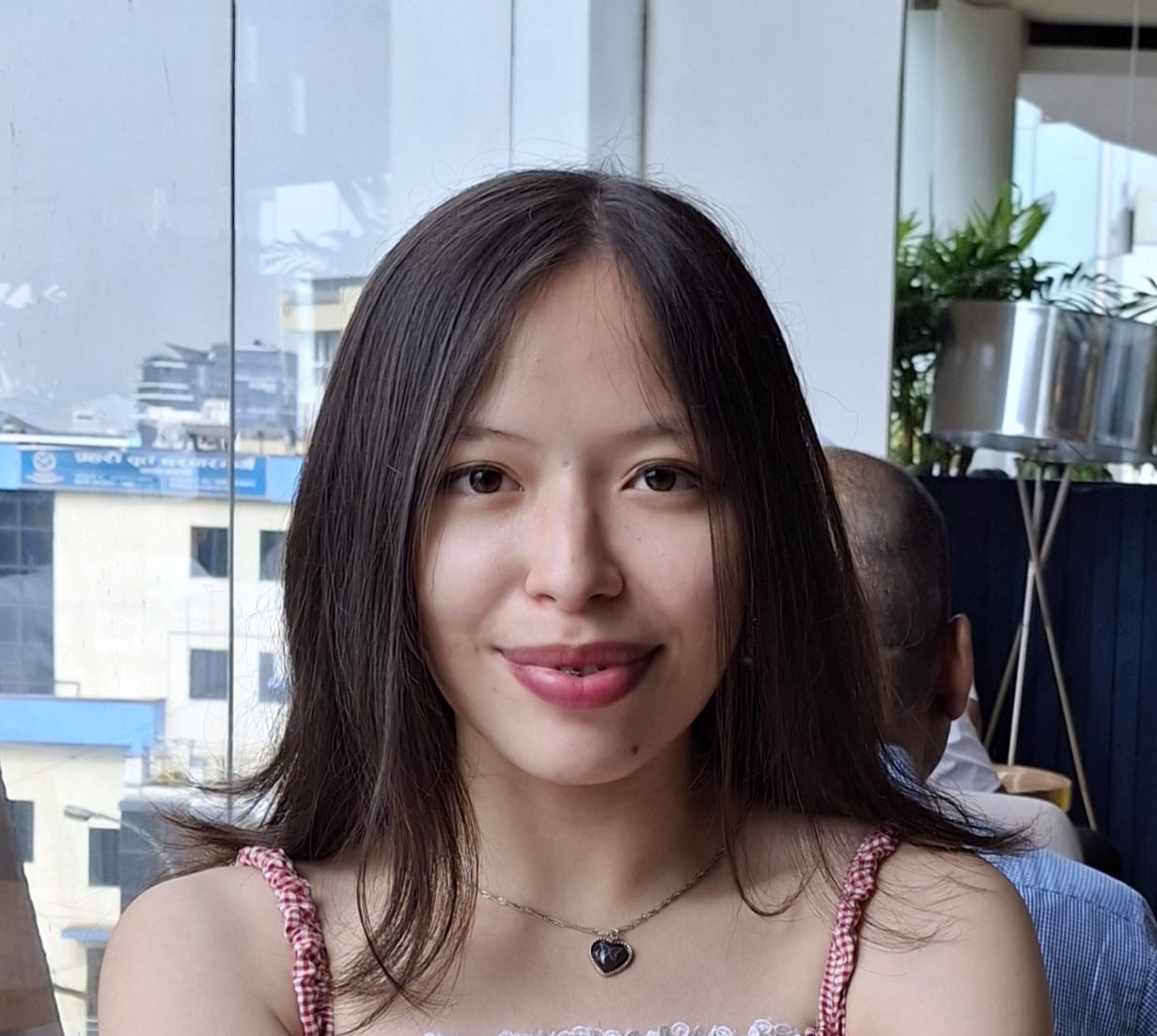Culture & Lifestyle
The yeas and nays of gap year
While some students thrive in this year of exploration, others grapple with self-doubt. It can also be a respite for those seeking relief from the demands of academia.
Manushree Mahat
High school graduation marks a pivotal moment in a student’s life. It’s a time when they must confront the daunting task of choosing a path into adulthood, complete with life-altering decisions about their careers and ambitions. The transition from the sheltered years of childhood and adolescence to the responsibilities of adulthood can be overwhelming. This is where gap year comes into play, offering students the opportunity to explore, learn, and understand themselves and the world before diving headfirst into the adult world.
The history of gap year can be traced back to the 17th century when wealthy British students would go on world tours to learn about global cultures and widen their horizons. Travelling the world during gap years hasn’t gone out of trend even today but the concept of gap years has evolved over the centuries. Today, most students take on gap years to develop maturity and a sense of adulthood through internships and projects. Many choose to gain hands-on experience before starting college.
Bilquees Banu, the college counsellor at Rato Bangala School, who has been guiding students through the college application process for four years, points out that a gap year can be both beneficial and detrimental to a student’s life. “Gap year can go either way; it can be successful enough to change a student’s course of life for the best, or it can be so unproductive that it leads to burgeoning regrets and increasing stress for the students. Unfortunately, I’ve encountered instances of the latter more times than I’d like,” she says.
On the other hand, Soujanya Aryal, a 19-year-old student who recently finished his gap year, sees the experience as an opportunity to seize control of one's life, learn, and explore new avenues. Aryal threw himself into internships even before his holidays began, working as a research intern while still taking his final exams. His passion for learning and commitment to productivity fueled his desire to acquire diverse skills.
“Time slips away quickly, so it’s best to plan your intentions before the countdown begins,” reflects Aryal, who has started his undergraduate studies at Brown University in engineering and computer science.
However, gap years aren’t without their challenges. After years of continuous studying, homework, and exams, the transition from the bubble of youthful exuberance to a more mindful, introspective state can be abrupt.
Aayushman Nepal, another 19-year-old who took a gap year, has mixed feelings about his experience. While he appreciated the break from school, he grappled with self-doubt when comparing his progress to friends who had already started college.
Nepal shares, “There comes a point when you feel like you’re being held back, and the need to get ahead in life hits you.” This realisation led him to pursue law at Symbiosis International College in India, where he shares he found greater contentment.
For some students, a gap year provides a much-needed respite from the physical and mental exhaustion of academic life. Aliza Shrestha, who maintained decent grades until the 11th grade, encountered mental and physical health challenges in her final year of high school. Despite her determination to attend a prestigious US college, her dreams were shattered when she received disappointing board results. Shrestha decided to spend her gap year studying for re-exams, a choice that eventually paid off. She recalls, “It was not easy at first, but the gap year turned out to be the best decision for my overall health.” Today, she is pursuing a bachelor’s degree in computing at Islington College.
Not all students choose to take a gap year willingly; sometimes, the lack of alternatives makes that decision for them. 20-year-old Bindu Thakuri from Kathmandu had planned to study abroad for her master’s, but the Covid-19 pandemic disrupted her plans. Additionally, the pandemic delayed the final year of her bachelor’s at Padma Kanya Campus. To support herself financially, Thakuri underwent barista training and started working at a coffee shop.
The gap year opened unexpected doors for her, and Thakuri is now preparing for the upcoming inspector exams. “I learned a lot in my gap year, and I’m doing things I never thought I would do. It taught me to take on the opportunities I'm presented with,” reflects Thakuri.
But Banu advises caution when considering a gap year. She recommends that students have a clear vision for their gap year activities. In her experience, students who lack a focused plan can easily become overwhelmed, so she stresses the importance of using the year to develop essential skills and gain a deeper understanding of personal ambitions, hobbies, and career paths.
“Personality development should be a central focus of a gap year. Take internships, jobs, and projects that help you learn and understand your ambitions, hobbies, and career path. That is the key to a successful gap year,” she says.




 9.7°C Kathmandu
9.7°C Kathmandu

.jpg&w=200&height=120)













